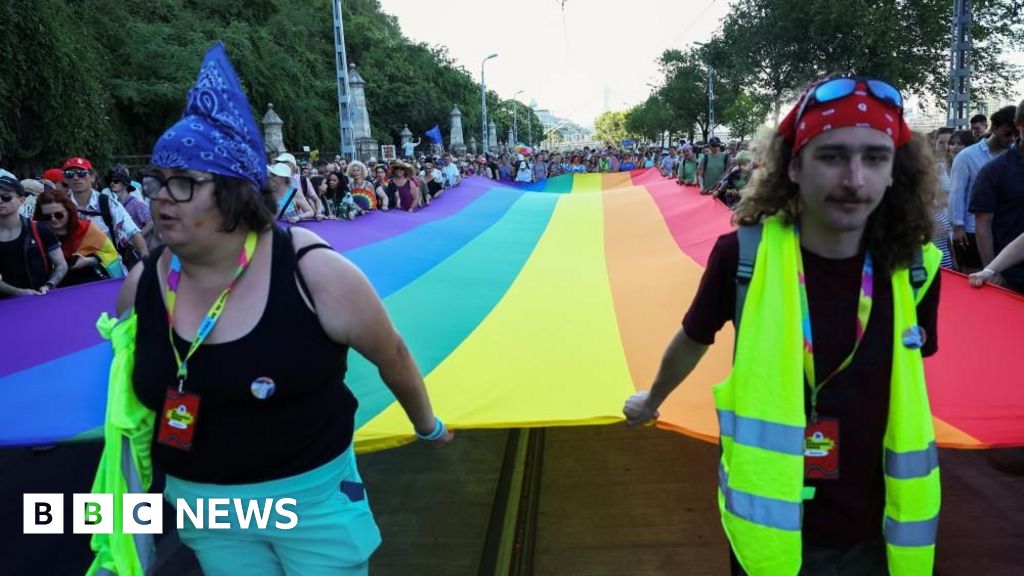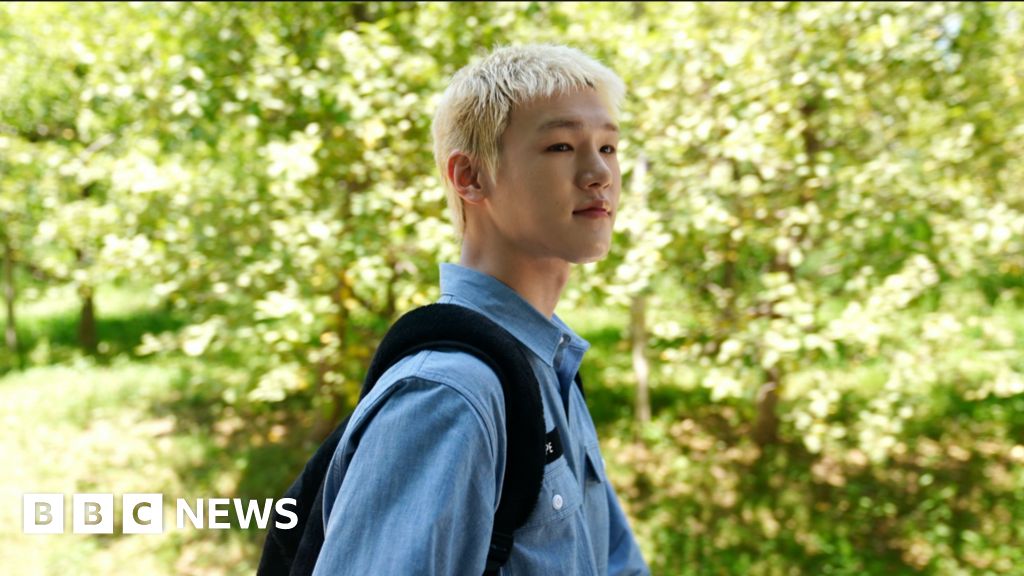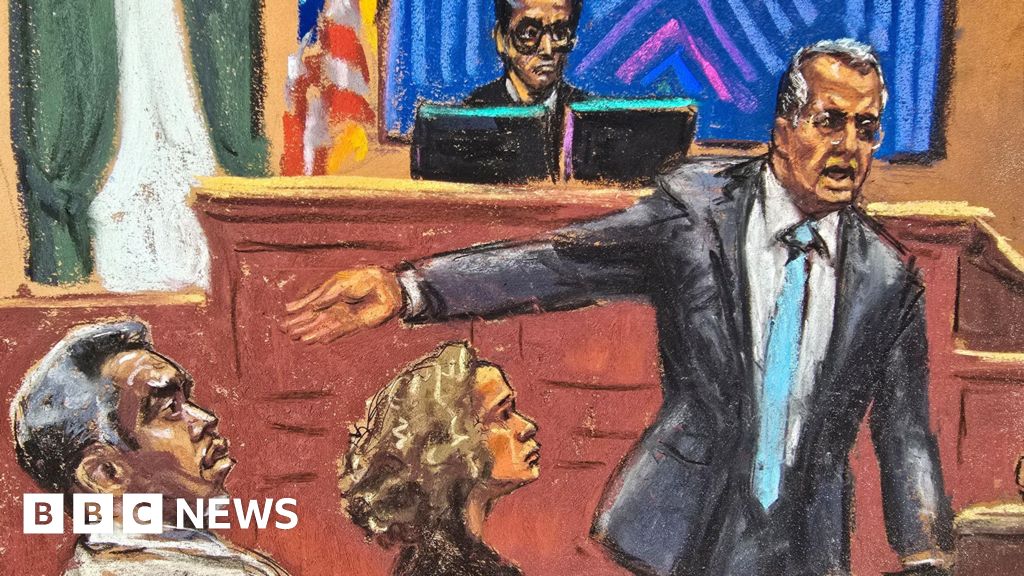Some schools in Russia are preparing fake schedules to conceal their efforts to shun patriotic education classes. Some parents school their children at home. Others try to help young people navigate a school system in which they say propaganda is pervasive.
Faced with what they say is an ever-growing flood of misinformation about the war in Ukraine in Russian schools, parents and teachers who oppose the conflict say they are waging a desperate battle for the minds of their children.
“You constantly have to play cat-and-mouse with the school: New things keep coming up like rounds of gunfire,” said Varvara, 42, a mother of four from St. Petersburg. Like other people across Russia reached by telephone, Varvara asked that her surname not be used in this article to avoid retribution from the authorities.
She cited activities that she saw as bolstering the war effort: a music teacher who held a contest to perform Russian military songs; her teenage son’s school outing to hear a pro-war talk by a veteran of the Soviet Union’s invasion of Afghanistan; classes that portray Russia as a victim and the West as an enemy.
When President Vladimir V. Putin of Russia introduced “patriotic education” in schools near the start of the full-scale invasion of Ukraine in 2022, many critics saw it as a marginal endeavor that would work only in economically depressed regions, where schooling was already poor.
Three years on, the Kremlin’s efforts to indoctrinate children have taken deep root in most schools across Russia, parents and analysts say.
“This is of utmost importance to the Kremlin,” said Andrei Kolesnikov, a senior fellow at the Carnegie Russia Eurasia Center. “Putin intends to be around for a long time, that’s why he needs a younger generation to be raised in the spirit of patriotism, fear or at least conformity to what’s going on.”
The propaganda drive includes “Important Conversations,” an hourlong lesson every week that involves the raising of the Russian flag while the national anthem is played, and discussions on topics ranging from family values to Russia’s military glory.
Most Russians appear to accept the lessons as inevitable, just as they are resigned to the war.
But, according to conversations with parents and teachers, a significant number are doing what they can to avoid them.
Many schools have tried to quietly sabotage the “Important Conversations” lesson, using the hour for revision or homework. And some school administrators have largely turned a blind eye to children skipping “Important Conversations” classes, the parents and teachers say.
Irina, a 39-year-old mother of two from a Moscow suburb, said her 11-year-old son gets to miss the classes because she signed him up for extra math.
But she said she also helps him avoid a zealous teacher who crowd-funds for the army and sometimes comes up with extracurricular activities linked to the war, like writing letters to soldiers at the front, or making them gifts.
Other antiwar parents at school had adopted the same tactic, Irina said: “Keep a low profile because of the obvious risks.”
In a case that spooked antiwar parents, a father in 2022 was convicted of “discrediting the Russian armed forces” and lost custody of his teenage daughter after she drew a Ukrainian flag in an art class.
Some parents have turned to home-schooling, to avoid what they described as a toxic atmosphere in schools. Home-schooling is allowed under Russian law as long as students pass state-sponsored exams every year.
Vera, a 43-year-old single mother, pulled her 16-year-old daughter out of school after the principal started insisting on attendance for “Important Conversations” at the beginning of the current academic year.
“I want to protect my child: I want her to grow up in an atmosphere of peace and acceptance, not in the atmosphere of double-think and militarization,” Vera said. She said that recent initiatives at the school included a talk by a veteran of the war in Ukraine and the corralling of children into paramilitary activities.
Some antiwar teachers say they have been responding to the propaganda drive with quiet resistance.
Many schools in Moscow are engaged in “creative bookkeeping,” Olga, a 47-year-old history teacher from Moscow, said: There is an official timetable drafted for the eyes of the authorities, and a second one, without propaganda classes, that the school follows. Parents have been supportive, she said.
Similarly, Olga does not pay much attention to the new history textbook personally endorsed by Mr. Putin to teach the Kremlin’s version of most recent history at all schools in Russia.
She said that she helps students learn things like the dates of the Russian invasion of Ukraine and the annexation of four Ukrainian regions, which appear on standardized nationwide tests. Other than that, she teaches her own custom-made history courses, she said.
While the initial months of the invasion saw an unusually high number of teachers quitting their jobs, Olga does not see herself ditching her profession of nearly 30 years.
“I simply cannot go and leave the children,” she said. “They are not brainwashed. They understand much more than you think.”
Source link
















